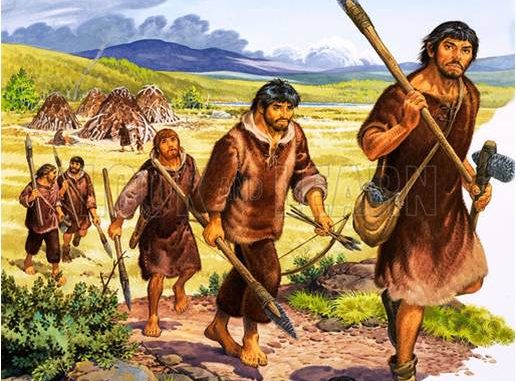
Introduction to Society
Society derived by the Latin word “Societous” it means companionship or friendship. In Sociology, introduction to society refers not to a group of people but to the complex pattern of the norms of interaction that arise among them. A society is a group of individuals involved in persistent social interaction, or a large social group sharing the same geographical or social territory, typically subject to the same political authority and dominant cultural expectations.
The relations between individual and society is not merely a physical, or a functional unity, or organic unity, or systematic unity but its something more. Society not only controls our movements but also shape our identity, our thought, and our emotions.
Definitions of Society
- According to Maclver and Page, “Society is the web of social relationship”.
- Wright- Society is not a group of people, it is the system of relationship that exists between the individual of the group.
- Giddings – Society is a union itself the organization the sum of formal relations in which associating individuals are bound together.
Nature of Individual in society
- Man is a social animal.
- He lives in a group, in community, in society, etc.,
- Man cannot live as a man without society.
- Without society man’s emotional, intellectual, maturity, material goods, and his liberty not develop and these are unthinkable.
Major Characteristics or Nature of society are:
- Society is the Web of Relationships
- There is a Provision of ‘means-ends’ Relationship.
- Characterized by Heterogeneity in terms of Caste, Class, Ethnicity, and Religion.
- Provision of Cooperation and conflict
- Society is a dynamic concept
- Each society has its own culture and controlling mechanisms
General Characteristics of Society
- No individual, no society
- Inter-dependency
- Based on likeness and differences
- Mutual awareness
- Social control
- Culture is an indispensable factor in society.
Major types of society are:
- Hunting and gathering society
- Horticultural society
- Agricultural society
- Industrial society
- Information society
1. Hunting and Gathering society:

Some common features of the tribal society of Hunting and Gathering society are:
- Common territories, common language,
- Sense of unity, endogamous membership, primary social relationship,
- The common name, indigenous political systems, and interdependence. For eg: Chepang, Raute, is the example of hunting and gathering society in Nepal
2.Horticultural society:
A Horticultural society is one in which people subsist through the cultivation of plants for food consumption without the use of mechanized tools or the use of animals to pull plows.
3.Agriculture society:
Agriculture society: occupational structure, forms of land ownership, village community system, minimal division of labor, informal social control or mechanical solidarity, simplicity, and uniformity are some attributes of an agricultural society.
4.Industrial Society:
After the industrial revolution of Europe during the eighteen century, industrial society came into existence in human history. Industry or machine has become the mode of production.
5.Information Society / Modern Society:
Information Society is a term for a society in which the creation, distribution, and manipulation of information have become the most significant economic and cultural activity.
An information Society may be contrasted with societies in which the economic underpinning is primarily Industrial or Agrarian.
The machine tools of the information society are computers and telecommunications, rather than lathes or plows.
Pre-industrial Societies belong to the societies before industrial society i.e. Hunting and gathering, Horticulture and Agricultural society.
Major Attributes of Modern Society
- The emergence of the modern family
- Development of modern economic institutions
- High social mobility
- The impersonality of social relationship
- Specialization in work
- Busy life schedule
- High social stratification
You may also like Culture

Leave a Reply